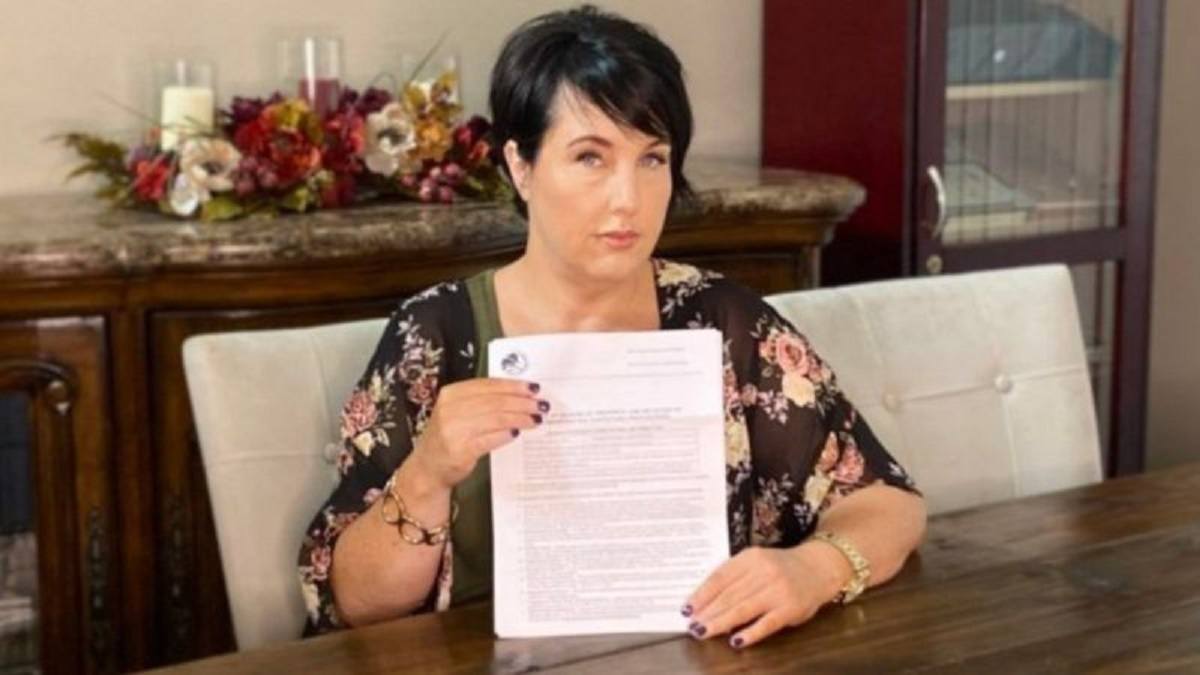Florida Gamblers Sue Feds After DEA Seizes $43,000 in Civil Forfeiture Cash Grab
Posted on: September 2, 2020, 09:24h.
Last updated on: September 2, 2020, 02:07h.
A Florida couple is suing the Drug Enforcement Administration after the agency seized $43,000 in cash as they traveled to a casino reopening in North Carolina.

Stacy Jones and her husband said the federal agency had no reason to seize their cash at hand.
The couple was stopped by airport security and quizzed about the money, which they had with them in a carry-on bag. Security called the local sheriff’s office, who eventually called the DEA.
The Joneses describe themselves as recreational gamblers. Much of the money in the bag came from the private sale of a car and would not have been risked at the tables during the couples’ gambling trip.
After interviewing the Joneses, DEA agents decided the cash was probably drug money, albeit with no proof, and confiscated it.
What is Civil Forfeiture?
The federal government was able to confiscate this amount of cash under the civil asset forfeiture laws, which allows law enforcement to seize property from individuals without having to charge them or convict them of a crime.
The law was enacted in the 1980s as part of the War on Drugs. But critics of civil forfeiture claim that agents are incentivized to seize money because the law enforcement agency gets to keep the lion’s share of profits, which makes the system ripe for abuse.
It is also very easy for innocent parties to get entangled in the process, to the extent that their Fourth and Fifth Amendment rights are possibly being violated.
Civil forfeiture allows the government to seize and permanently keep your property, even if you’ve never been charged with a crime,” Dan Alban, an attorney hired by the Joneses to get the money back, told Tampa NBC affiliate, WFLA.
“DEA has a policy of seizing large amounts of cash at airports regardless if it has any proof if the money is connected to drug trafficking,” added Alban. “Unfortunately, that sweeps up a whole bunch of innocent people who have perfectly legitimate reasons for traveling with cash.” Alban has filed a class action lawsuit on behalf of the Jones family and others in a similar position.
There is no law in the US against flying with large amounts of cash, although Alban said he believes traveling with more than $5,000 puts you at risk of civil forfeiture.
Landmark Case
This is one of the occupational hazards for professional gamblers, and pro poker players in particular, who regularly travel to big tournaments with large amounts of cash, the tool of their profession.
In 2016, two poker players, William “Bart” Davis and John Newmerzhycky won a landmark case against the State of Iowa after their $100,000 bankrolls confiscated during a warrantless search by two state troopers in 2013.
The case led to Iowa disbanding its Drug Interdiction Team, which oversaw the state’s civil forfeiture scheme.
Related News Articles
David Baazov Forms New Global Investment Company
Wynn Boston Harbor Paying Top Dollar to Demolish Nearby Homes
North Korea Decriminalizes Horse Racetrack Gambling, Minimum Age Set at 12
Most Popular
Las Vegas Overstated F1 Race’s Vegas Impact — Report
Vegas Strip Clubs Wrestle in Court Over Animal Names
Most Commented
-
End of the Line for Las Vegas Monorail
— April 5, 2024 — 90 Comments -
Mega Millions Reportedly Mulling Substantial Ticket Price Increase
— April 16, 2024 — 6 Comments -
Long Island Casino Opponents Love New York Licensing Delays
— March 27, 2024 — 5 Comments -
Nearly Abandoned Mall Outside Vegas Soon to Have Only One Tenant
— March 12, 2024 — 5 Comments
















No comments yet